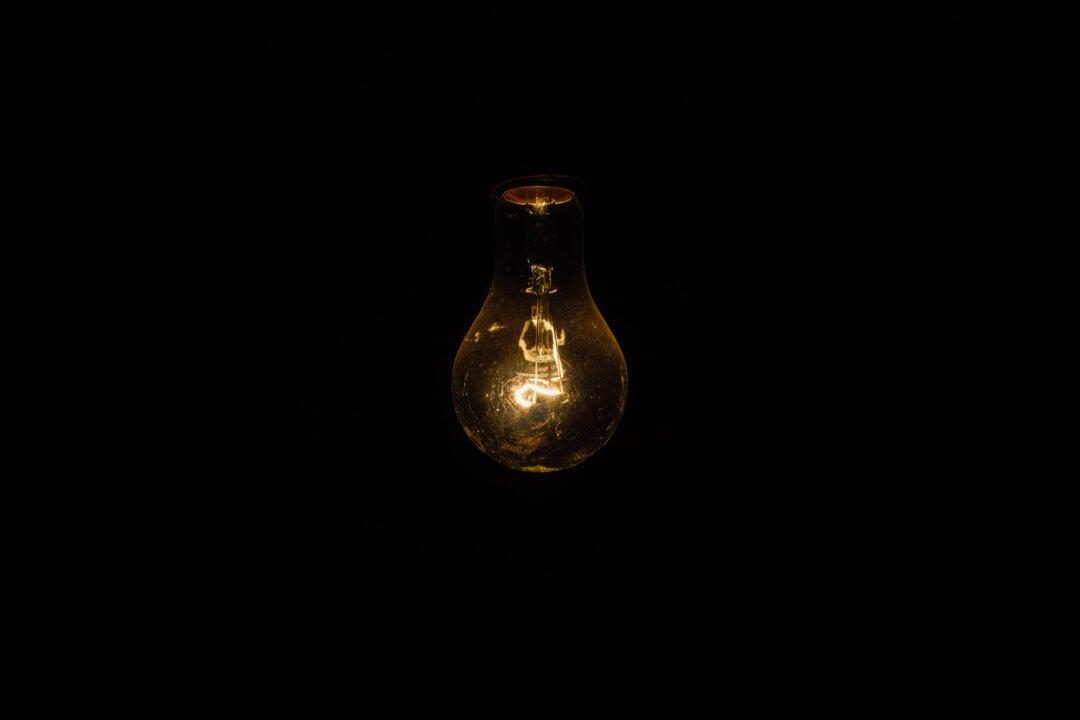Commentary
The war on the incandescent bulb dates back 15 years at least, as the eggheads at the Department of Energy decided that they give off more heat than light. But it was like most things coming out of government agencies: an edict detached from real-life concerns, contrary to consumer wishes, and completely disregarding economic and aesthetic realities.





